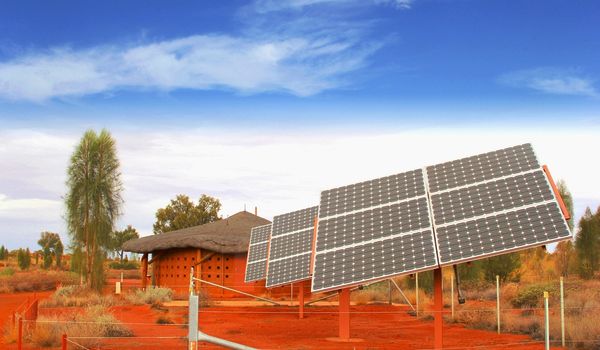Is industrialisation really necessary for the development of an economy?
Yes, it is. Historically, industrialisation has led to rapid economic growth because of its ability to cause structural change, implying a shift in the way a market or economy operates. Industrialisation usually causes growth enhancing structural change, with a country moving from lower productivity sectors to higher productivity sectors, resulting in higher incomes. Today, we know that manufacturing accounts for roughly a quarter of global employment and is a big driver of innovation, stimulating economic activity in other sectors and in services. A key feature of manufacturing is the production of tradeable goods.
Why should this industrialisation be driven by an environmental and social agenda?
Well, industries exist within the environment and society, interacting with both and causing positive and negative impacts on both. Society has benefited most from industry, with higher incomes, improved access to healthcare and food and more efficient transportation systems. However, the manufacturing industry is also responsible for approximately 30% of global greenhouse gas emissions and has a huge burden on natural resources and the environment. The social and environmental impacts are often interlinked. So for example, industrial effluent discharged into the sea, causing reduction in fish stock could result in unemployment for local fishermen and social unrest. In fact, current thinking is that society and nature are so intertwined that we can no longer talk about ecological systems distinctly from social systems. We now talk about social-ecological systems. Although industrialisation efforts must make economic sense, they should be supported by a social-environmental agenda that assesses the impacts of industry and designs sustainable pathways for industrialisation.

